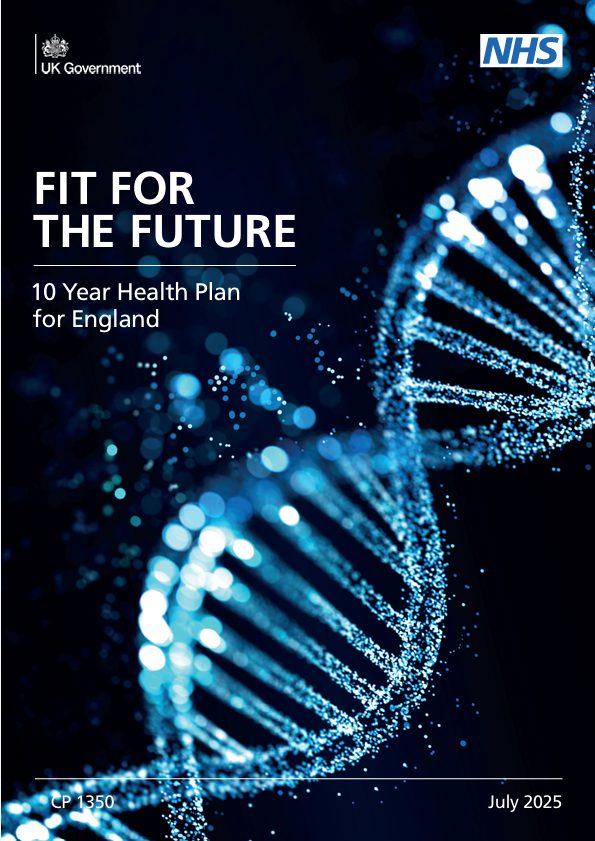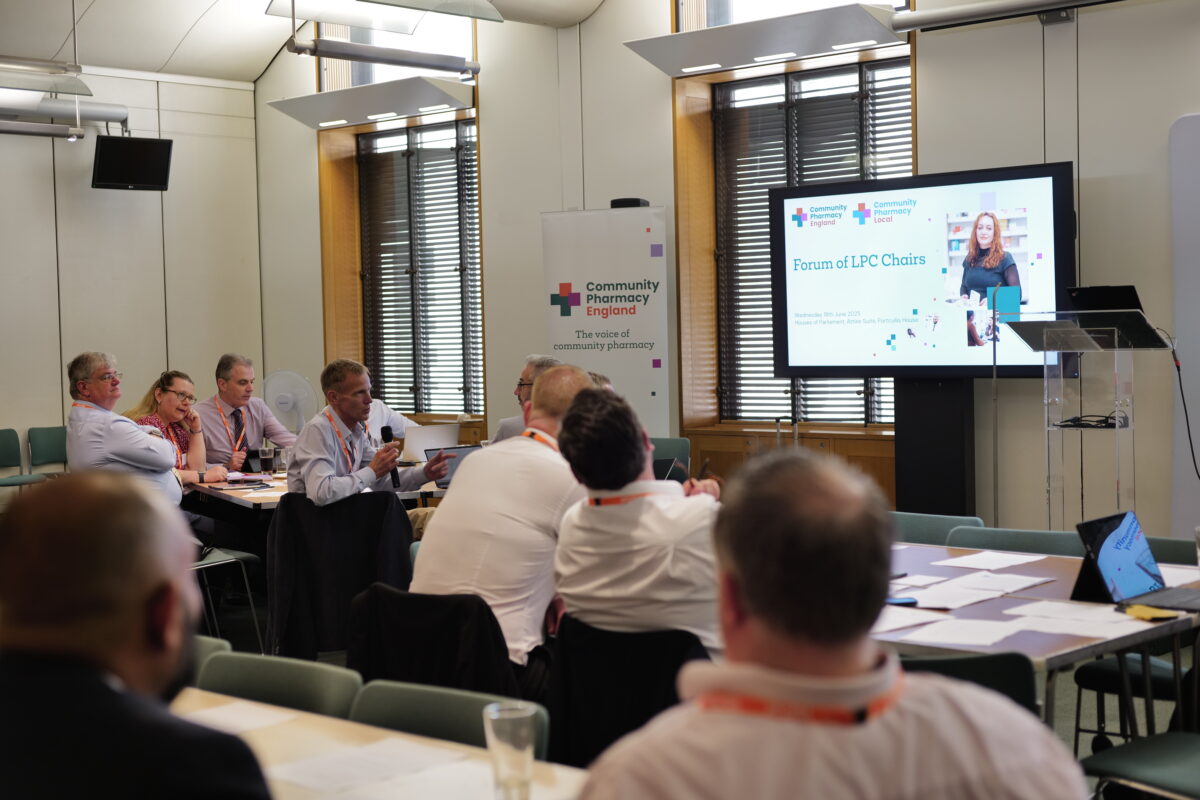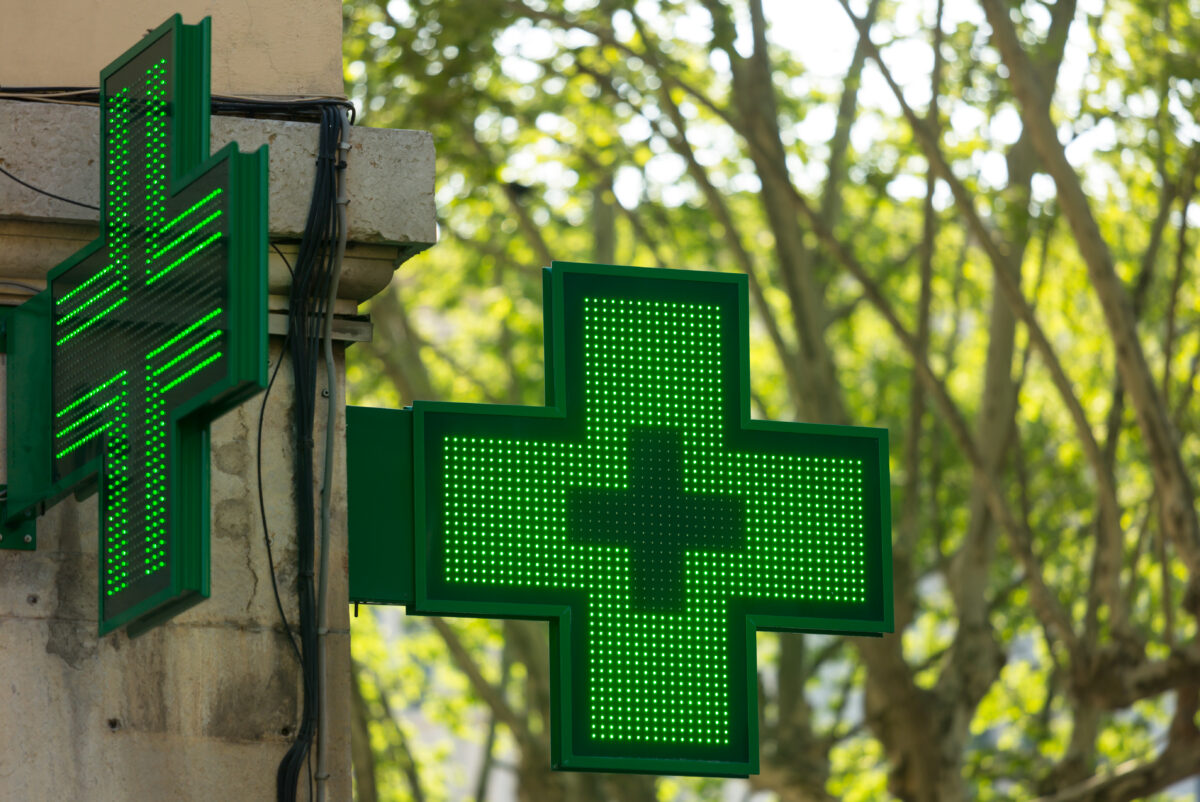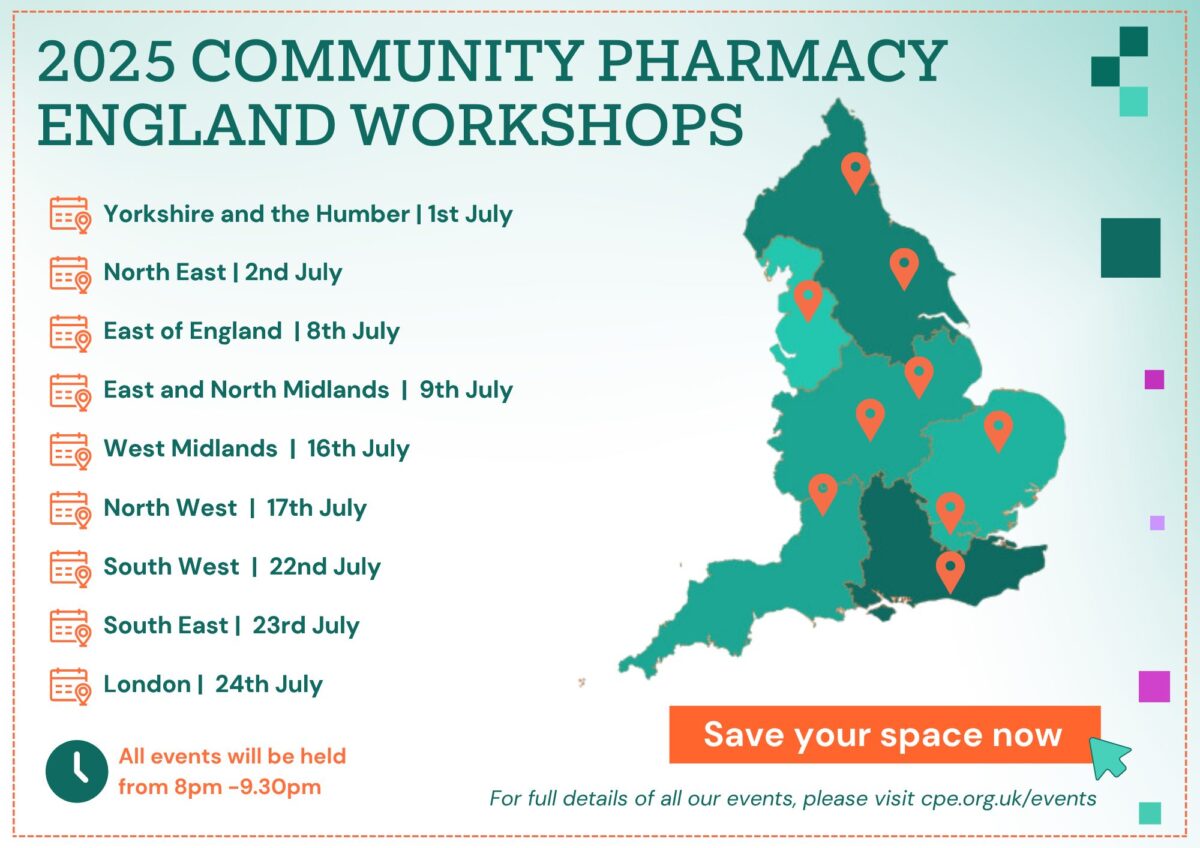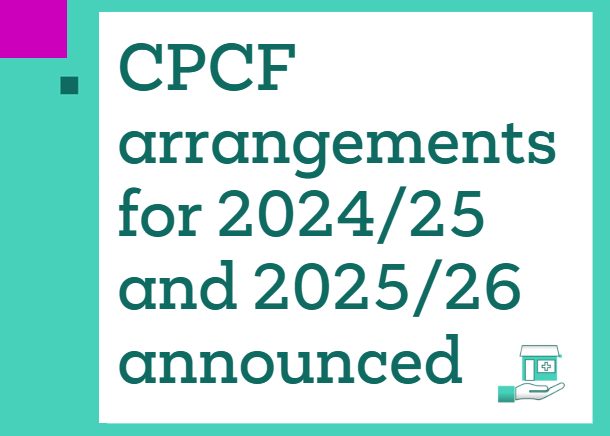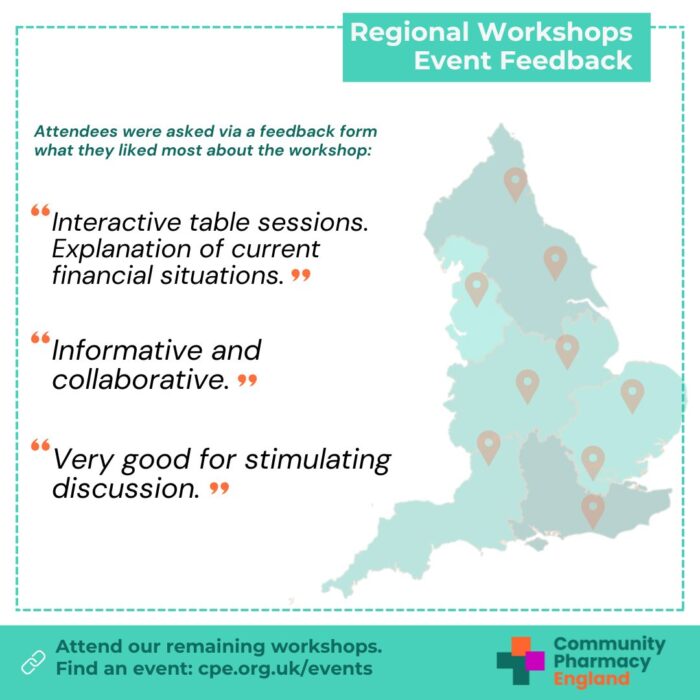Case study: Pharmacy service increases patient activation and self-management in Type 2 diabetes
Published on: 24th August 2018 | Updated on: 28th March 2022
A final evaluation has been published on the community pharmacy patient activation project in Cornwall, which was featured as a Community Pharmacy England services case study in July last year. The final evaluation concludes that this pilot service has had a significant impact in improving the activation of patients with Type 2 diabetes.
The aim of the project was to pilot the use of patient activation measure (PAM) scoring combined with motivational coaching for patients diagnosed with Type 2 diabetes, to assess the impact this may have on patients to better self-manage and improve clinical outcomes.
A total of 234 patients completed the full intervention, and patient feedback was extremely positive with 100% indicating that the pharmacy was a good place to provide the service due to the accessibility of the pharmacy and that no appointment was needed.
The evaluation shows that:
- on average, patients saw an increase in their PAM scores of 9 points, with 44% increasing their activation;
- those who had a PAM level of 1 at baseline demonstrated a 100% increase in activation level;
- based on the existing body of evidence around PAM, this could equate to an 18% reduction in hospital admissions for participants;
- increased levels of activation are likely to have translated to better foot and eye care, diet and exercise; and
- 72% of participants partially or fully achieved their goals which included diet, exercise, foot and eye care and increased medicines compliance.
Due to the positive outcomes demonstrated by this pilot, NHS Kernow Clinical Commissioning Group has agreed to commission a new pilot for patients with Type 1 diabetes and extend the current pilot for patients with Type 2 diabetes for a longer period.
Philip Yelling, Chief Officer for Cornwall and the Isles of Scilly LPC, commented:
“The evaluation really demonstrates the strength of what this service has achieved, particularly around those patients who were least engaged with their health. In their feedback, many patients said that the interventions made by the pharmacists really improved the quality of their everyday life. These quotes demonstrate the value of the service and this is something that community pharmacy could be doing more often, and on a larger scale. The evaluation shows that community pharmacy is an excellent location to provide this service.”
More information on this service and other diabetes services can be found on the Community Pharmacy England Services Database. Representatives from Cornwall LPC will also be presenting on the service in the Community Pharmacy England Services Innovation Theatre at the Pharmacy Show on Monday 8th October 2018.
For more information on this topic please email comms.team@cpe.org.uk


